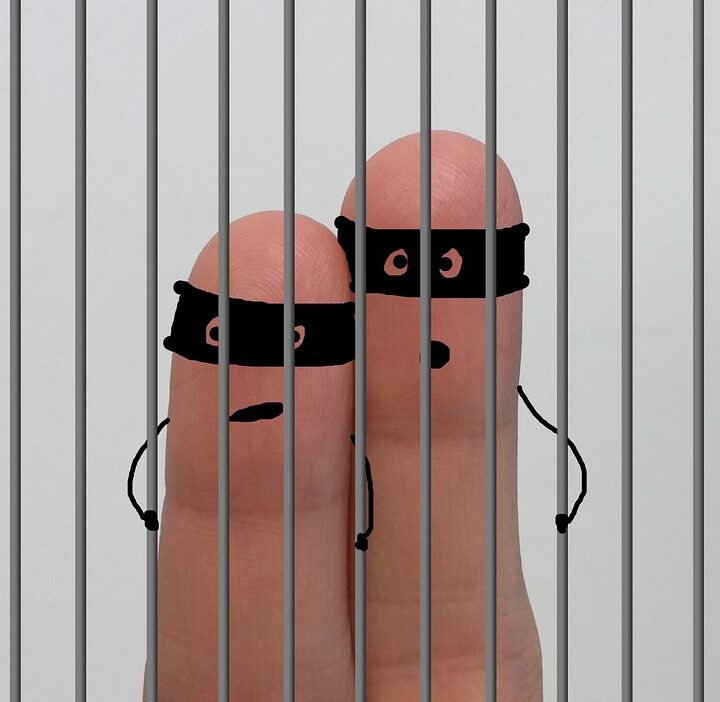In the digital age, the gaming industry is more interconnected than ever, with information traveling at the speed of light. Among the many phenomena arising from this connectivity are game leaks—early revelations about upcoming games, features, or content, often leaked by insiders, dataminers, or accidental disclosures. While leaks can excite fans and spark conversations, they also raise serious ethical questions. Where do we draw the line in the pursuit of information?
The Excitement of Discovery
For gamers, leaks often serve as a tantalizing glimpse into the future. The thrill of uncovering gameplay mechanics, character designs, or plots can generate buzz and anticipation. These leaks can fuel community discussions, foster speculation, and even influence marketing strategies. Fans excited about upcoming titles frequently share leaked information, furthering engagement and creating a sense of involvement in the development process.
However, this excitement must be weighed against the potential ramifications of such leaks.
The Impact on Developers
For game developers, leaks can be a double-edged sword. While they may appreciate the buzz generated, leaks can also disrupt the carefully orchestrated marketing campaigns they have spent months planning. A leak can lead to misconceptions, misrepresentations, and, in some cases, damage to the game’s reputation before it even launches.
Moreover, leaks can jeopardize the job security of employees involved in the development process. When leaks occur, they often contribute to a toxic workplace culture where developers fear for their jobs. Many companies invest significant resources in secrecy to ensure a coherent and impactful launch, and when that secrecy is compromised, the implications can ripple throughout the organization.
Ethical Responsibility of Insiders
The question then arises: what responsibility do insiders have when faced with confidential information? Should they leak information in the name of transparency, or should they adhere to their contractual obligations and company guidelines?
Surely, when leaks come from ethical motivations, such as exposing exploitative labor practices or the mishandling of a game’s development, the moral justification becomes more nuanced. Gamers may argue that a leak provides much-needed insight into problems within an industry they love. Nevertheless, such motivations complicate the black-and-white ethical landscape surrounding leaks.
Fan Culture and Consequences
Fan culture often plays a role in exacerbating the issue of leaks. With social media providing a platform for rapid information dissemination, leaked content can spread widely, often without contextual understanding. Leaks can lead to the vilification of developers over minor issues or decisions that fans view negatively. This mob mentality can drown out constructive conversation and insights, leading to gaming environments that feel hostile.
Moreover, excessive speculation stemming from leaks can set unrealistic expectations. When communities speculate wildly based on unverified information, the final product may not meet the hyper-inflated standards created by these whispers. When gamers feel let down by the actual product, it can lead to backlash against developers, who may have had no control over the narrative shaped by leaked information.
Establishing Boundaries
So, where do we draw the line? One approach could be a more conscious effort among developers to manage the information flow, ensuring that expectations align with what is shared. This may involve creating controlled environments for releasing information or increasing transparency around the development process, thus reducing the incentive for leaks.
On the flip side, consumers must recognize their role in perpetuating the cycle of leaks. Supporting content creators and media outlets that uphold ethical reporting standards can reduce reliance on unverified information. Fans should also advocate for a culture of patience, understanding that sometimes the best things take time.
Conclusion
The ethics of game leaks remain a complex issue blending excitement with uncertainty. As the gaming world grapples with this dilemma, it is imperative for all stakeholders—developers, insiders, and gamers—to engage in a thoughtful dialogue about the responsibilities that accompany access to information. By fostering an environment that values ethical considerations, we may find new ways to balance anticipation with respect for the creative process, ultimately ensuring that the gaming experience remains joyous and fulfilling for everyone involved.


